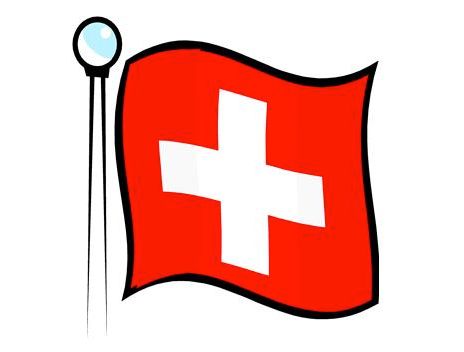“Communication is a skill that you can learn. It’s like riding a bicycle or typing. If you’re willing to work at it, you can rapidly improve the quality of every part of your life.” – Brian Tracy
Even though communication skills are so important to success in the workplace, there are many individuals who find these skills to be a stumbling block to their progress. They struggle to convey their thoughts and ideas in an accurate manner, making it difficult to move forward and nearly impossible to lead well. Things even get more complicated when communication happens between actors of different cultures through times zones and maybe even virtual means of communication.
However, there is hope for anyone who finds communicating to be difficult! These skills can be practiced and learned. It takes learning about how communication works, how to communicate exactly what it is you want to say, what mode of communication is best, and what factors are influencing the ability for you to send and receive messages with acumen.
Leaders and staff have to first understand the theory and best practices of what effective communication actually is about; then, through role plays and practical examples as well as case studies directly taken from their work environments, they should get a feel about how they communicate (verbally and non-verbally) and how others are perceiving their efforts.
Finally, written communication is a topic on its own and should be looked at separately: knowing what happens in your body when receiving unwanted mails, practicing empathy, and responding mindfully; truly necessary ingredients for any effective communication in the office and elsewhere!
Want to know more? Looking forward to hearing from you,
Jenny





